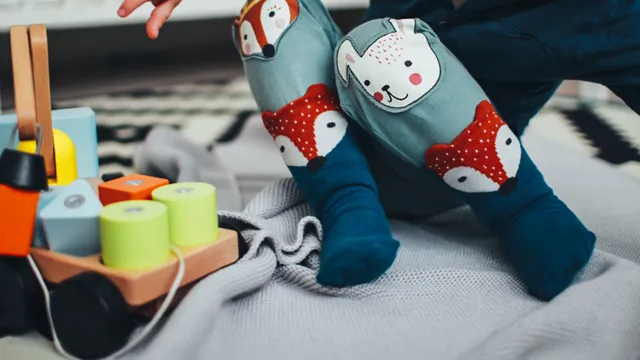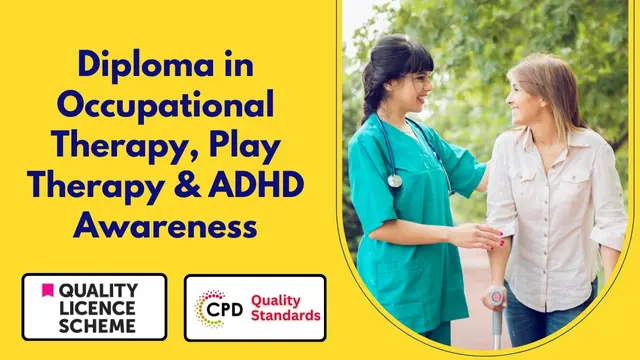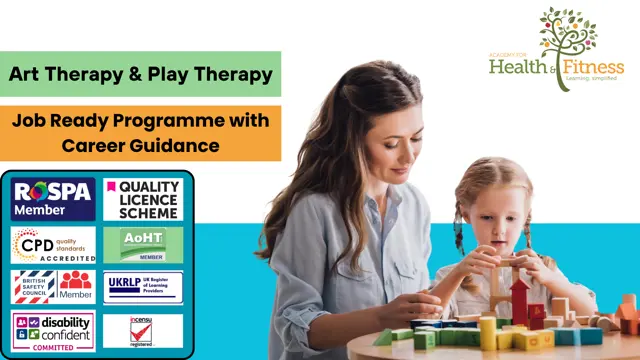Level 3,4 Diploma in Occupational Therapy, Play Therapy & ADHD Awareness - QLS Endorsed
Skill Up
5 STAR Rated | 3-in-1 QLS Endorsed Diploma | FREE PDF Certificate & Transcript | Updated Lesson Plan | Lifetime Access
- 22 students
- Online
- 7 hours · Self-paced
- Certificate(s) included
- 30 CPD points
- Tutor support
***Level 3,4 Diploma in Occupational Therapy (Occupational Therapy Assistant), Play Therapy & ADHD Awareness - QLS Endorsed Bundle*** [Updated 2025] The career prospects in Occupational Therapy, Play Therapy, and ADHD Awareness are promising, with average salaries ranging b
…




